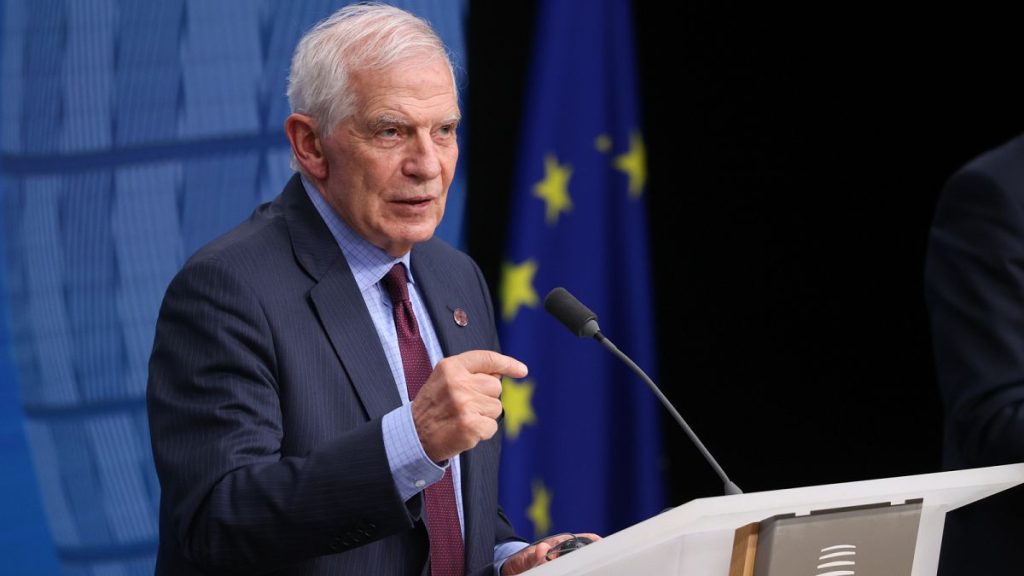Several European Union member states, including Spain, Ireland, Slovenia, Belgium, and Malta, are considering formally recognizing the State of Palestine on May 21. The EU’s High Representative for Foreign Affairs, Josep Borrell, confirmed these plans, with Spanish Foreign Minister José Manuel Albares proposing May 21 as the date for recognition. The decision comes after the Slovenian government passed a decree recognizing the Palestinian state, with other countries like Belgium and Malta potentially following suit. Additionally, the UN General Assembly is set to vote on a resolution to make the State of Palestine a full member of the United Nations, with nine of the EU’s 27 member states already recognizing Palestinians’ right to statehood.
Since 1988, several EU member states, including Malta, Bulgaria, the Czech Republic, Romania, and Slovakia, have recognized Palestinians’ right to statehood based on the 1967 borders. Sweden became the first member state to unilaterally recognize Palestinians’ right to statehood in 2014 while part of the EU. The EU has been a proponent of the two-state solution, which would establish statehood for Palestinians, but has not reached a unanimous consensus on recognizing a Palestinian state. European Council President Charles Michel emphasized the importance of member states moving in tandem to promote peace in the region, as recognition of Palestine could be a significant step forward in fostering peace and stability.
Amid discussions of recognizing the State of Palestine, the UN General Assembly’s upcoming vote on Palestinian statehood also signals a potential shift in international recognition. The support from EU member states like Spain, Ireland, Slovenia, Belgium, and Malta could serve as a rallying point for further recognition from other countries. The willingness of European countries to recognize Palestinians’ right to statehood reflects a growing international consensus on the need for a political solution to the Israeli-Palestinian conflict, despite the challenges and complexities involved.
The proposed recognition of the State of Palestine by several EU member states aligns with the broader diplomatic efforts to address the Israeli-Palestinian conflict through peaceful means. While the EU has been a significant donor of aid to Palestinians and supports the two-state solution, the issue of recognizing Palestine as a state remains a contentious and sensitive topic. The decision to recognize Palestine could potentially have implications for the peace process in the region, as well as the broader dynamics of international diplomacy and relations among nations.
The initiative to recognize the State of Palestine highlights the potential for multilateral cooperation and solidarity among EU member states on key foreign policy issues. By moving in tandem on the issue of Palestinian statehood, European countries can demonstrate a united front and a commitment to advancing peace and stability in the Middle East. The UN General Assembly vote and the prospect of increased recognition for Palestine underscore the evolving landscape of global diplomacy and the importance of international cooperation in addressing complex geopolitical challenges.
As EU member states prepare to potentially recognize the State of Palestine, the decision-making process reflects the delicate balance between diplomatic considerations, historical context, and geopolitical realities. The evolving dynamics of international relations and the shifting attitudes towards the Israeli-Palestinian conflict underscore the need for a comprehensive and inclusive approach to addressing the root causes of the conflict. The potential recognition of Palestine by EU member states signals a significant development in the quest for a peaceful resolution to the longstanding conflict and highlights the importance of multilateral engagement in shaping the future of the region.


